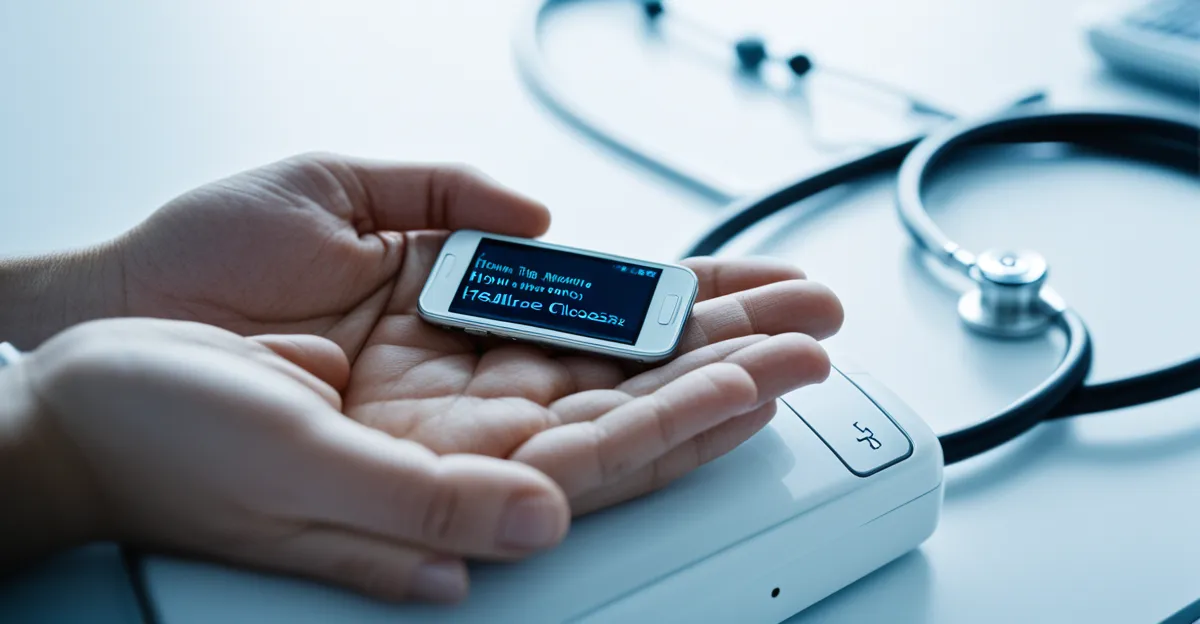Digital Health Records in the UK
Digital health records have become a cornerstone in patient data management across NHS facilities. The widespread adoption of NHS electronic records has revolutionised how clinical staff access and update patient information, improving both the speed and accuracy of care. Digital records streamline administrative processes by reducing paperwork and minimising errors linked to manual documentation.
Implementing digital health records across many NHS trusts involves integrating diverse hospital and clinic systems into unified platforms. This integration enables seamless sharing of crucial health information among different departments, supporting coordinated care delivery. However, challenges persist, particularly in maintaining data privacy and security in compliance with regulations such as GDPR.
Have you seen this : How is the UK’s Tech Industry Adapting to New Regulations?
A major concern is safeguarding sensitive patient data while ensuring authorised healthcare professionals can access it swiftly. To address this, NHS systems employ encryption, controlled access, and continual monitoring. By focusing on these measures, the NHS balances operational efficiency with stringent privacy standards. Overall, digital health records enable better clinical decision-making and improved administrative efficiency, forming the backbone of modern healthcare in the UK.
Expansion of Telemedicine and Remote Care
Telemedicine in the UK has rapidly expanded, transforming how patients and healthcare providers interact. NHS virtual consultations now offer an accessible alternative to in-person visits, especially for routine check-ups or non-urgent concerns. This shift in patient data management enables healthcare professionals to review and update NHS electronic records seamlessly during remote appointments.
Also to read : How Might Emerging UK Technologies Reshape Daily Life?
The NHS app and online appointment systems play a pivotal role in enabling remote healthcare. Through these platforms, patients can book virtual consultations, receive prescriptions, and access test results securely. This convenience reduces waiting times and travel burdens, broadening access to healthcare services across diverse populations.
However, implementing telemedicine involves challenges, such as ensuring digital infrastructure supports widespread use without compromising patient data security. Secure handling of sensitive information remains critical, as does training staff to effectively manage digital health records within remote consultations. Despite these hurdles, telemedicine in the UK is enhancing the efficiency of patient data management and improving overall healthcare delivery, proving its value as a complement to traditional NHS electronic record systems.

Comments are closed